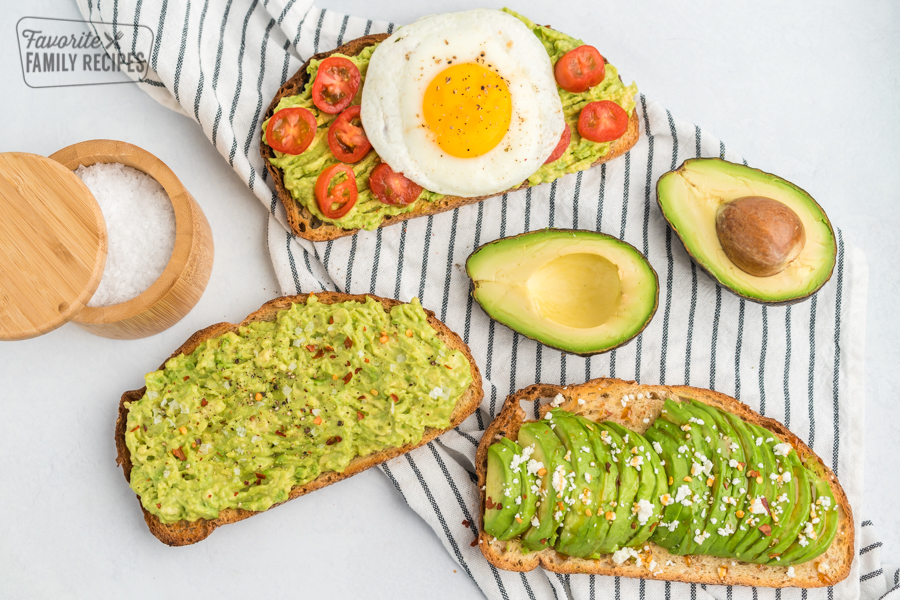No matter how unique we think we are, humans tend to follow the trend. Whether that is what clothes we wear, what songs we listen to, or what food we eat, the trend sways our habits. During the pandemic, matcha lattes and banana bread were the household staples. Recently, cottage cheese has been the “it food”, which has gained popularity through the fitness community, amongst people who are seeking to build muscle. It is advertised as a high-protein cheese that can be added to many meals to increase protein intake. While this information is not wrong, people fail to question the validity of the trend. How often do you question why a certain food is trending? Nowadays the nutrition world has polarising opinions on a plethora of foods, which makes it harder for consumers to determine what is true.
The food industry is a crucial aspect of economies across the globe. According to the World Bank, agriculture accounts for a substantial portion of employment and GDP in many developing countries. In developed nations, the food industry is a cornerstone of economic stability and consumer spending. Amongst the most important stakeholders in the industry are food producers – who certainly do not get the recognition they deserve as the supply chain tends to be corrupt – retailers, governments, lobbyists, and consumers.
Lobbyist groups are like the rotten stem of the root which poison the rest of the tree. They work to influence political decisions on behalf of individuals and organisations The interests of food producers, processors, and retailers represented by lobbying groups lie where the profits are. Politicians can ensure that they stay in power when they have the support of powerful food companies with billions of dollars. Therefore, by prioritising corporate interests at the expense of public health and environmental sustainability, lobbyists perpetuate a vicious cycle of profit-driven decision-making that harms the health of both people and the planet.
Moreover, advertising plays a significant role in perpetuating cultural norms and stereotypes surrounding food choices. Social media platforms have emerged as powerful tools for food advertising, enabling companies to reach a vast audience with targeted content and sponsored posts. Influencers and celebrities endorse products, diets, and lifestyle brands, further blurring the line between genuine recommendations and paid endorsements. As a result, consumers are bombarded with carefully curated images and messages that shape their perceptions of what is trendy, desirable, and socially acceptable in terms of food choices. The average consumer fails to realise that the food companies are skillfully controlling the public narrative and playing us like puppets on a string.

In a documentary on Netflix called “Rotten” which exposes the food industry and the corruption in supply chains, they revealed how the avocado became popularly known as a ‘super food’ through the meticulously curated advertising. The avocado was only named ‘avocado’ in 1915 once a group of farmers decided that “Ahuacate” and “Alligator Pear” were too unappealing to the public. Later in the 1980s, the US dietary guidelines urged people to pursue a low-fat diet, which led to the trend of avocados plummeting. The avocado industry recovered in the 1990s when the public relations firm Hill and Knowlton rebranded the avocado in the Super Bowl. Since the Super Bowl is the ultimate event of Americans over-indulging in food, this was an intelligent scheme on behalf of the firm, especially since January is the prime season for avocados. Many NFL players shared their guacamole recipes influencing avocado sales to increase by 70%.
Therefore, consumption patterns and food trends are not merely spontaneous phenomena but rather the outcome of meticulously curated images and advertisements of certain foods. These marketing strategies, which are usually created by advertising agencies working on behalf of food corporations, wield considerable influence over consumer behaviour and preferences. Moreover, social media enables companies to target specific demographics with tailored content and sponsored endorsements from influencers and celebrities. So the next time you pick up a food habit from the internet, make sure you’re aware of how and why your new go-to snack or drink is so great for you – if it even is.







